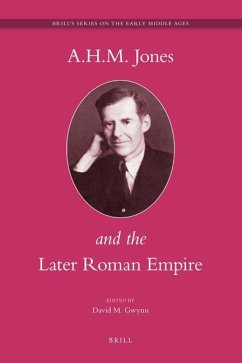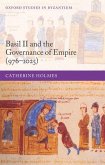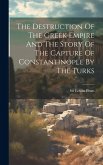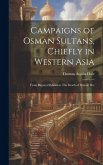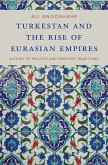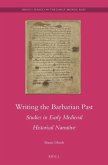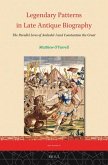The appearance in 1964 of A.H.M. Jonesa (TM) "The Later Roman Empire 284a "602: A Social, Economic, and Administrative Survey" transformed the study of the Late Antique world. In this volume a number of leading scholars reassess the impact of Jonesa (TM) great work, the influences that shaped his scholarship, and the legacy he left for later generations. Jonesa (TM) historical method, his fundamental knowledge of Late Roman political, social, economic and religious structures, and his famous assessment of the Decline and Fall of Rome are re-examined here in the light of modern research. This volume offers a valuable aid to academics and students alike who seek to better understand and exploit the priceless resource that is the "Later Roman Empire." Contributors are Averil Cameron, Peter Garnsey, David Gwynn, Peter Heather, Caroline Humfress, Luke Lavan, Wolfgang Liebeschuetz, Stefan Rebenich, Alexander Sarantis, Roger Tomlin, Bryan Ward-Perkins, and Michael Whitby.
Hinweis: Dieser Artikel kann nur an eine deutsche Lieferadresse ausgeliefert werden.
Hinweis: Dieser Artikel kann nur an eine deutsche Lieferadresse ausgeliefert werden.

